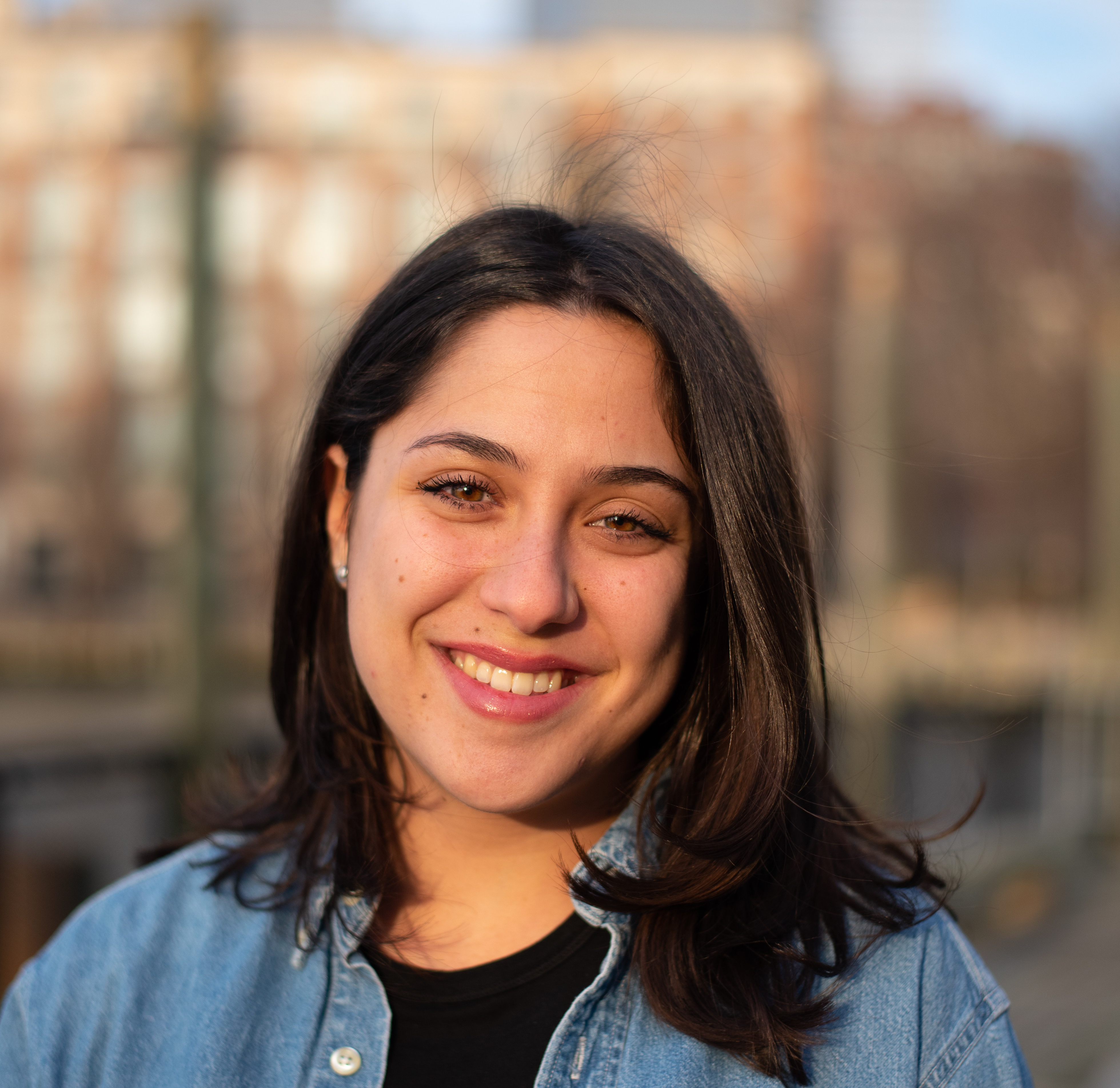Technology touches practically every imaginable industry and field of study out there, making an interdisciplinary curriculum like Information Science both essential and unique. Like so many before her, students like Isabelle De Brabanter arrive to Cornell as first-year undergraduates with manifold interests and find a home to explore them within the context of information technology. Cornell Info Sci students are more than programmers and coders; they are designers, makers, budding entrepreneurs, artists, researchers, historians, and much more, leveraging technology and applying it across fields and across disciplines. They are students like De Brabanter.
“Info Sci was the one major where I could combine all of my interests in a non-conventional way,” said De Brabanter, a double major in Information Science and French. “When I meet people and they ask me what I study, I tell them it’s tech with a human side.”
What, then, does a mix of information science, French, history and politics look like? How does one combine those interests under the banner of technology?
De Brabanter Isabelle.jpg

Easy: As part of her honors thesis, the North Caldwell, NJ native applied text-mining computational analysis on the Stanford and the Bibliothèque nationale de France joint digital archive of Parliament speeches from the French Revolution.
“I’m doing this computing project to see what I can learn from years of primary source revolutionary text,” she said. “What did they talk about? What political parties were most important, and how is that reflected in natural language?”
Not bad progress in a few short years, considering De Brabanter had no technical experience prior to arriving at Cornell.
“I took Python the fall of my Freshman year, figuring if I’m going to Cornell and interested in STEM, that it would be a good place to start,” she remembered. “It was hard, but I remember the intro lecture where I learned code for the first time - I thought it was incredible. You could type a bunch of stuff into your laptop and amazing results would come out of it. It was challenging, but I wanted to continue to see the implications of coding and what to make out of them.”
Having initially considered minoring in Information Science, she opted for the major after a handful of classes.
“At one point, I said, ‘If I’m going to do this, I’m going to commit and do the whole thing,’” she said.
Concentrating on Data Science and Ethics and Policy within Info Sci, she followed up her course work with summer internships in a government office in New York City and at a cyber-security company. Over winter break, De Brabanter received an Impact Fellowship and participated in a two-week technical workshop in New York City aimed at social good. Though she’s passionate about politics – she’s president of the Cornell Democrats – and serving a greater good, De Brabanter believes working in the private sector is more practical, nimble, and offers a better opportunity to make a real impact.
“I just want to make things more efficient in America – whether by coding, programming, or data analysis,” she said. “If you make sense of data and provide recommendations based on what you’ve found, you can really improve systems. It’s a treasure hunt for trends that can help people.”
Upon graduation this May, she’ll begin her career as a strategy consultant for IBM’s Chief Analytics Office.
“Being on the pulse of what’s new makes tech so intriguing. Tech is arguably the most important happening right now, and that’s what makes the work so exciting” she said.
Louis DiPietro is the communications coordinator for the department of information science.



